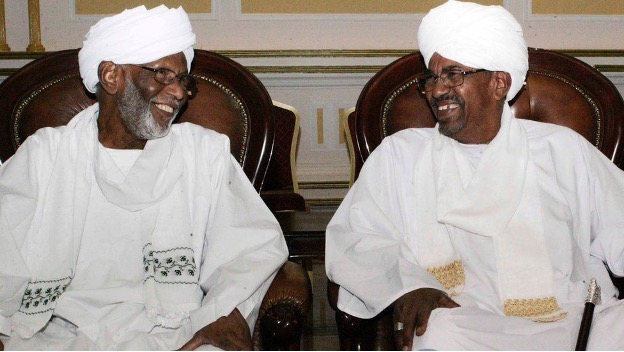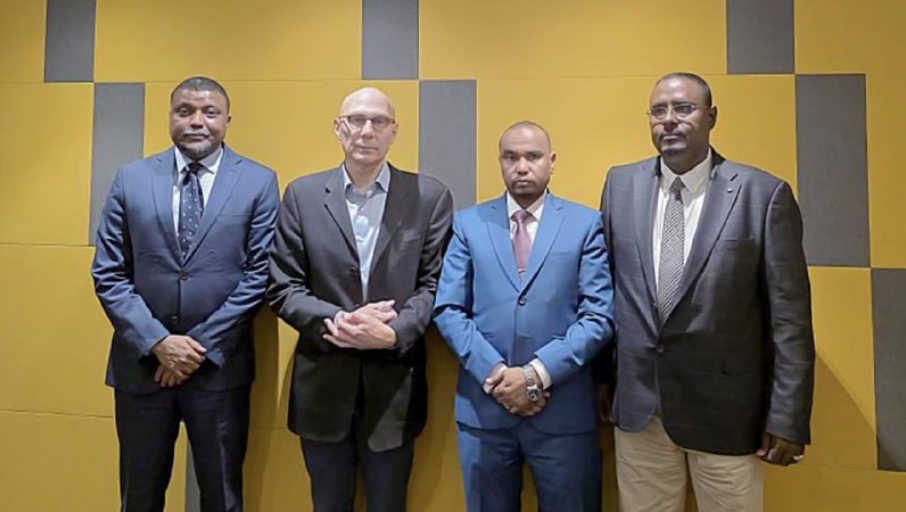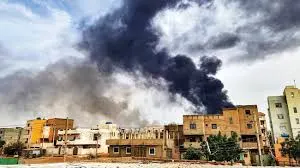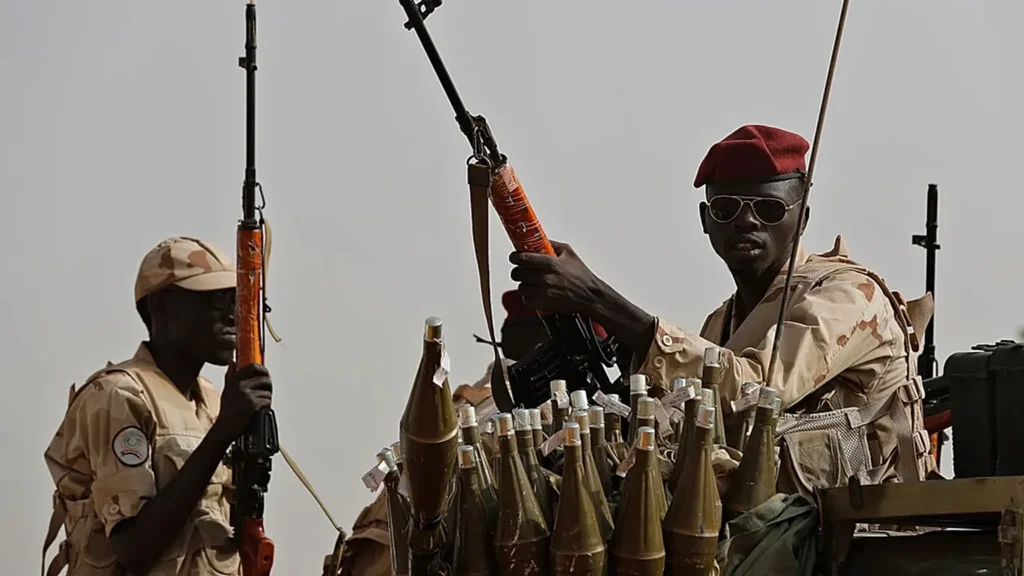
Iran is increasing its delivery of attack drones to the Sudanese military, a move that is escalating the civil war in North Africa and potentially aligning Sudan with Tehran for increased influence in the Red Sea, as reported by US and Arab officials to Semafor.
The Sudanese Armed Forces (SAF) has been engaged in a nearly year-long conflict with the Rapid Support Forces (RSF), extending into neighboring countries like Chad and South Sudan.
Iran has seized an opportunity to strengthen ties with Khartoum by supplying attack drones to the SAF, marking a diplomatic reengagement since 2016.
The development could shift Sudan’s strategic alignment away from the West.
Despite Sudan’s improved relations with the US, including the establishment of diplomatic ties with Israel in 2020, the ongoing civil war and targeting of civilians have hindered normalization.
The Biden administration imposed new sanctions on both the SAF and RSF in recent months.
As part of Iran’s efforts to bolster its ties with Khartoum, Tehran has begun providing attack drones, specifically the Mohajer-6, to the SAF. The purpose is to counter RSF offensives that have allowed the group to gain control of significant territories in central and western Sudan, including much of Khartoum. General Abdel Fattah al-Burhan, the SAF’s commander, is predominantly based in Port Sudan on the Red Sea.
US and Arab officials suggest that Iran aims to leverage its relationship with the SAF to enhance regional alliances and project power into the Red Sea. This move could echo Iran’s previous use of Sudan as a conduit for arms shipments to allied Palestinian militias, including Hamas and Palestinian Islamic Jihad, before Sudan’s 2016 revolution.
The Red Sea has become a focal point for Iran, especially following the Gaza war and Houthi attacks on ships in the Red Sea, which has disrupted global trade routes. The US and UK have initiated military strikes against Houthi targets to alleviate the situation, but Iran sees Sudan as a potential second front to challenge US and allied navies.
Analysts believe that Sudan’s civil war may lead to the country’s division, with militias and warlords controlling large territories. Iran has a history of exploiting instability to build alliances, as seen in Iraq, Syria, and Yemen.
There are concerns that the Sudanese army, with its Islamist orientation, could transform into a militia group aligned with Iran.
While Iranian and Sudanese officials have celebrated the resumption of diplomatic relations, there is no public disclosure of military cooperation. Iranian Foreign Minister Hossein Amir-Abdollahian highlighted Tehran’s expertise in various fields during a meeting with his Sudanese counterpart. Sudan’s Foreign Minister, Ali Al-Sadiq, emphasized that the new relationship with Iran doesn’t necessarily compromise ties with other nations, calling it a normal course of action in international diplomacy.




